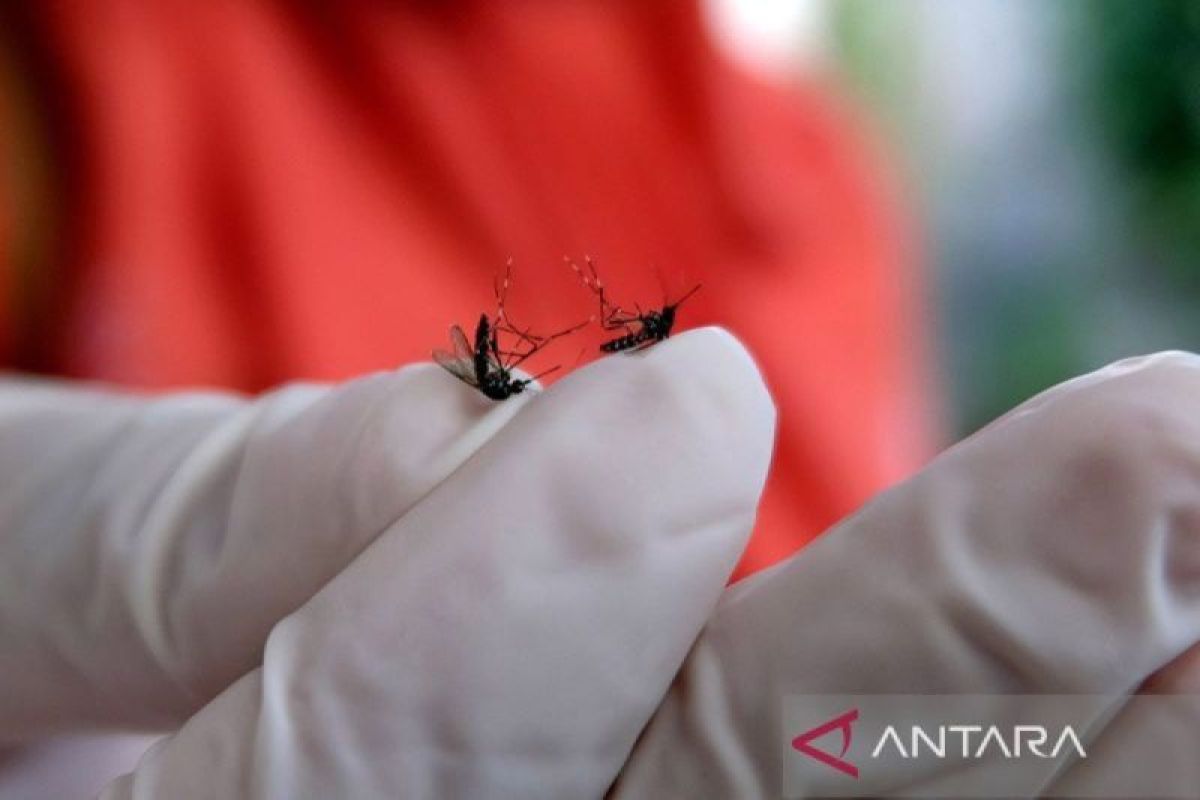
Perbedaan nyamuk aedes aegypti dan aedes albopictus penyebab DBD
Dengue fever, or DBD, is a serious disease that is transmitted through the bite of infected mosquitoes. In Indonesia, two species of mosquitoes are primarily responsible for spreading the disease: Aedes aegypti and Aedes albopictus. Although both species belong to the same genus, there are some key differences between them that make them unique in their ability to transmit DBD.
Aedes aegypti is the primary vector of DBD in Indonesia. This species is known for its preference for urban areas and its ability to breed in small, stagnant bodies of water such as flower pots, tires, and discarded containers. Aedes aegypti is a day-biting mosquito, which means that it is most active during the daytime and is more likely to bite humans during this time. This species is also known for its ability to transmit other diseases such as Zika virus and chikungunya.
On the other hand, Aedes albopictus is a secondary vector of DBD in Indonesia. This species is more commonly found in rural areas and is known for its ability to breed in natural bodies of water such as tree holes, bamboo stumps, and leaf axils. Aedes albopictus is considered a more opportunistic feeder, meaning that it will feed on a wider range of hosts including humans, animals, and birds. This species is also known for its ability to transmit other diseases such as yellow fever and West Nile virus.
Although both Aedes aegypti and Aedes albopictus can transmit DBD, the differences in their behavior and habitat preferences can have important implications for disease control efforts. For example, targeting Aedes aegypti in urban areas may be more effective at reducing transmission rates compared to targeting Aedes albopictus in rural areas. Understanding the differences between these two species can help public health officials develop more targeted and effective strategies for preventing and controlling DBD in Indonesia.
In conclusion, the differences between Aedes aegypti and Aedes albopictus can have important implications for the transmission of DBD in Indonesia. By understanding the unique characteristics of each species, public health officials can develop more targeted and effective strategies for controlling the spread of this serious disease. It is important for individuals to take proactive measures to protect themselves from mosquito bites and to eliminate breeding sites around their homes to reduce the risk of contracting DBD.